Anti-Chavez Venezuelan students in Belgrade
Young Venezuelans opposed to the Chavez regime are in Belgrade to learn more about the protests against Milošević.
Friday, 05.10.2007.
18:06

Young Venezuelans opposed to the Chavez regime are in Belgrade to learn more about the protests against Milosevic. Venezuelan President Hugo Chavez has been known for his statements against Washington, sharp criticism of what he calls "the imperialist capitalism", forced nationalization of companies and even schools and a rather odd request to move the country's time zone “so as to offer a more equitable distribution of sunlight to his people.” Anti-Chavez Venezuelan students in Belgrade On top of that, his regime is characterized by a complete control of the media, and a fact that, despite immense oil reserves, life standards in Venezuela are not improving, with the human rights violated on an almost daily basis. Leaders of the students’ resistance movement, that was created five months ago when Chavez shut down the oldest television station in the Venezuelan capital of Caracas, were branded by the regime as "foreign mercenaries and traitors," an insult that rings familiar to all who opposed the Milosevic regime in Serbia. Ronel Galo, Geraldine Alvarez, Rodrigo Diamanti and Eliza Totaro, members of the organization, traveled all the way to Belgrade to gain a first-hand insight into the experience of Serbia’s students and Otpor (Resistance) members, who fought against the former regime in the second half of the 1990s. It so happened that their visit coincided with the anniversary of the October 5, 2000, the opposition victory, and ouster of Milosevic. “In 2000 I attended the final year in high school together with the daughter of the Serbian ambassador to Caracas. She told me what was going on in her country and explained the work of Otpor. That was the first time I heard of the democratic changes in Serbia,” said Eliza Totaro, a 25-year-old student from Venezuela. Her colleagues added that a majority of Venezuelan youth heard about Otpor and Serbia in May this year, when university students poured into the streets to protest the removal of a leading opposition TV station from the air. As many as 182 students were arrested during the two weeks of protests. The state media soon tagged them state enemies, according to Alvarez, one of the leaders of the resistance. “Our government accused us of working for CIA, branded us terrorists and criminals trained by foreign governments. When we marched the streets of Caracas in May to express our protest, the government forces were throwing tear gas at us,” she said. “We had to show them we did not intend to use any force, but to protest in peace, so we painted our hands white,” she said. Even though Venezuela has massive oil deposits, one third of the population lives below the poverty line, the unemployment rates are high and higher education is seen as a privilege. Chavez, no matter how charismatic he seems to be, is primarily concerned with his appearances in media, and with attracting attention by criticizing U.S. President George Bush. “Chaves comes across as a very charismatic person, craving for media attention. Despite his attacks on Bush, the two politicians cooperate as Chavez is selling him oil. Moreover, it seems like he spends more time apparently fighting Bush and the imperialism, instead of trying to curb poverty on his own doorstep,” explained Totaro. “He used to be very popular at the beginning of his career, but the citizens of Venezuela are becoming aware as time goes by that he failed to live up to their high expectations,” she added. The students fear that the Chavez regime will grow to be even more repressive, but still harbor hope they will learn from the experience of their Serbian colleagues and successfully fight for freedom and respect of human rights in their country.
Anti-Chavez Venezuelan students in Belgrade
On top of that, his regime is characterized by a complete control of the media, and a fact that, despite immense oil reserves, life standards in Venezuela are not improving, with the human rights violated on an almost daily basis.Leaders of the students’ resistance movement, that was created five months ago when Chavez shut down the oldest television station in the Venezuelan capital of Caracas, were branded by the regime as "foreign mercenaries and traitors," an insult that rings familiar to all who opposed the Milošević regime in Serbia.
Ronel Galo, Geraldine Alvarez, Rodrigo Diamanti and Eliza Totaro, members of the organization, traveled all the way to Belgrade to gain a first-hand insight into the experience of Serbia’s students and Otpor (Resistance) members, who fought against the former regime in the second half of the 1990s.
It so happened that their visit coincided with the anniversary of the October 5, 2000, the opposition victory, and ouster of Milošević.
“In 2000 I attended the final year in high school together with the daughter of the Serbian ambassador to Caracas. She told me what was going on in her country and explained the work of Otpor. That was the first time I heard of the democratic changes in Serbia,” said Eliza Totaro, a 25-year-old student from Venezuela.
Her colleagues added that a majority of Venezuelan youth heard about Otpor and Serbia in May this year, when university students poured into the streets to protest the removal of a leading opposition TV station from the air.
As many as 182 students were arrested during the two weeks of protests. The state media soon tagged them state enemies, according to Alvarez, one of the leaders of the resistance.
“Our government accused us of working for CIA, branded us terrorists and criminals trained by foreign governments. When we marched the streets of Caracas in May to express our protest, the government forces were throwing tear gas at us,” she said.
“We had to show them we did not intend to use any force, but to protest in peace, so we painted our hands white,” she said.
Even though Venezuela has massive oil deposits, one third of the population lives below the poverty line, the unemployment rates are high and higher education is seen as a privilege.
Chavez, no matter how charismatic he seems to be, is primarily concerned with his appearances in media, and with attracting attention by criticizing U.S. President George Bush.
“Chaves comes across as a very charismatic person, craving for media attention. Despite his attacks on Bush, the two politicians cooperate as Chavez is selling him oil. Moreover, it seems like he spends more time apparently fighting Bush and the imperialism, instead of trying to curb poverty on his own doorstep,” explained Totaro.
“He used to be very popular at the beginning of his career, but the citizens of Venezuela are becoming aware as time goes by that he failed to live up to their high expectations,” she added.
The students fear that the Chavez regime will grow to be even more repressive, but still harbor hope they will learn from the experience of their Serbian colleagues and successfully fight for freedom and respect of human rights in their country.











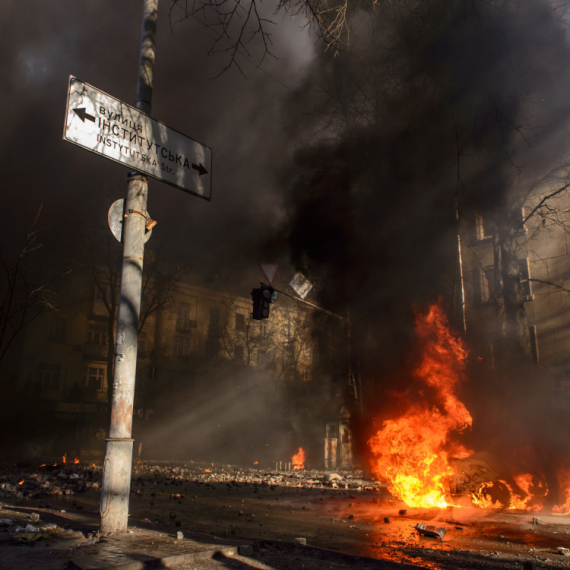

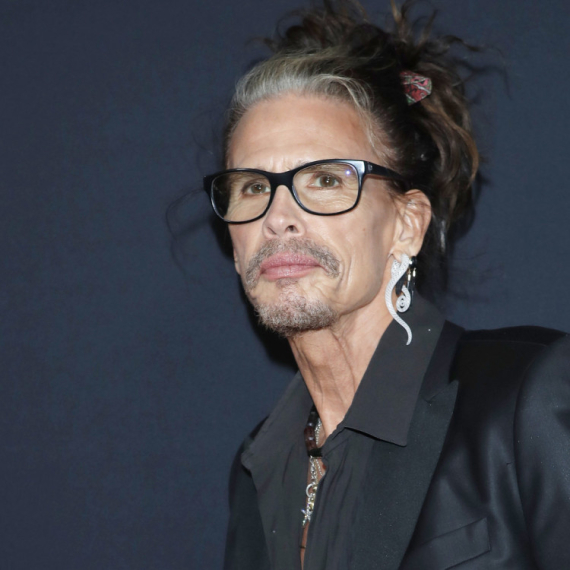

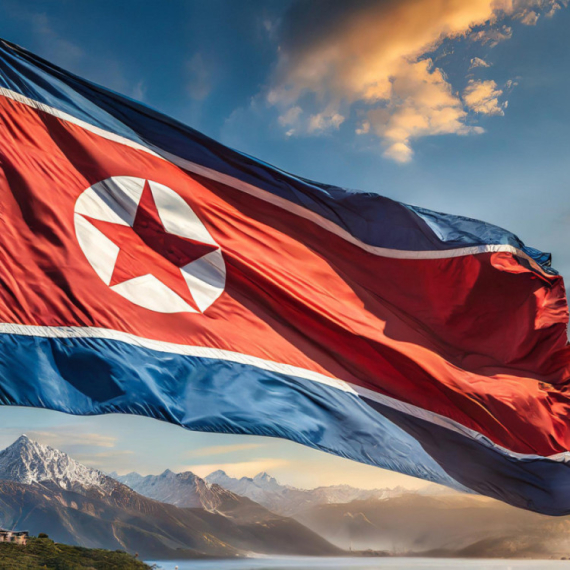

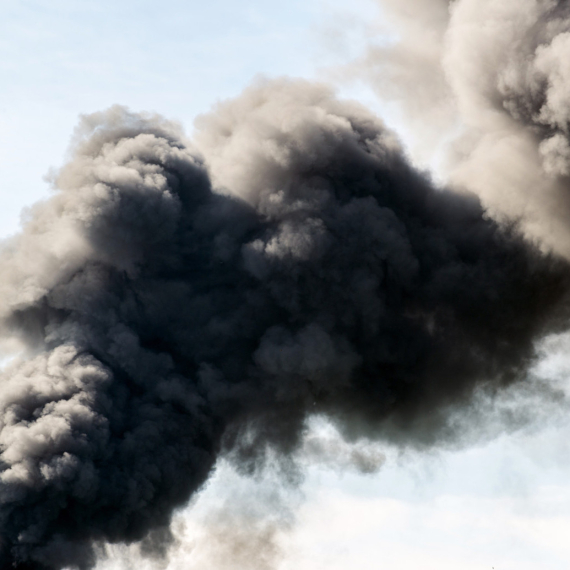
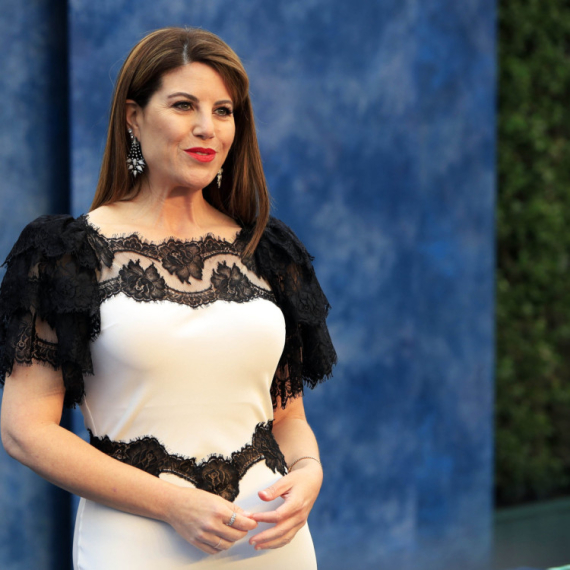
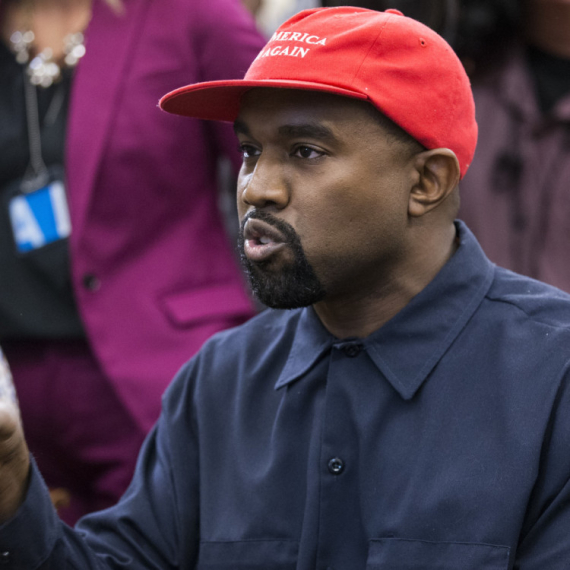
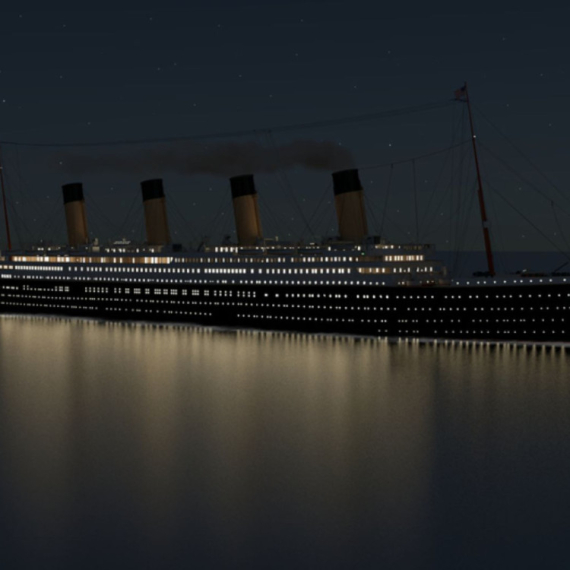


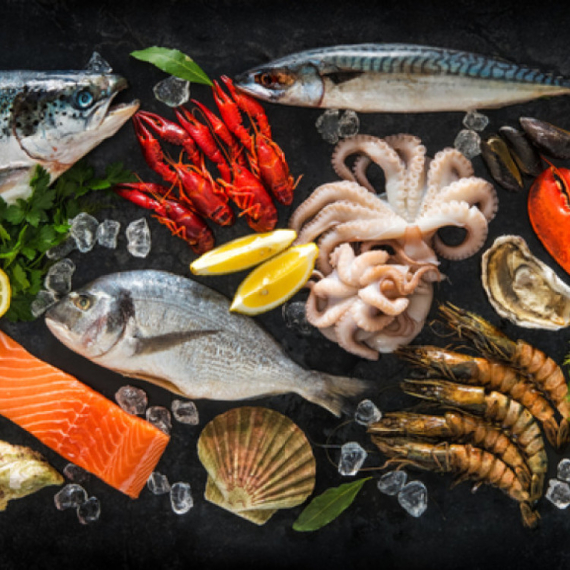























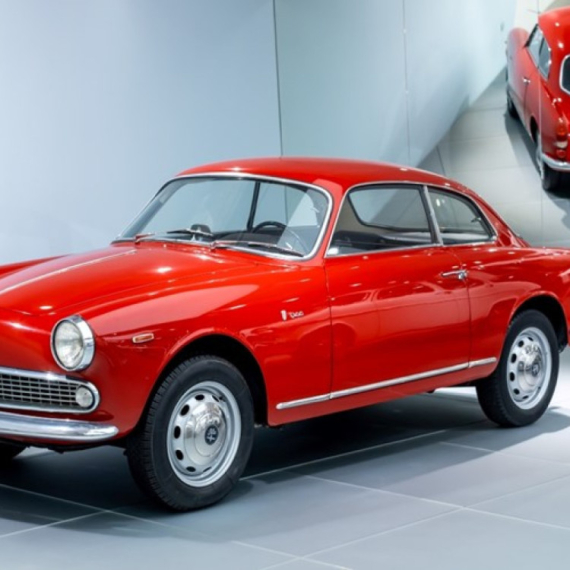










Komentari 8
Pogledaj komentare